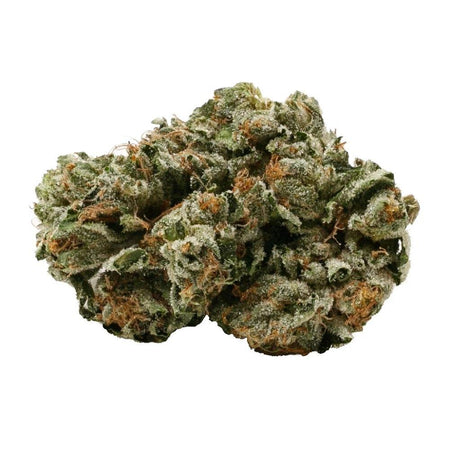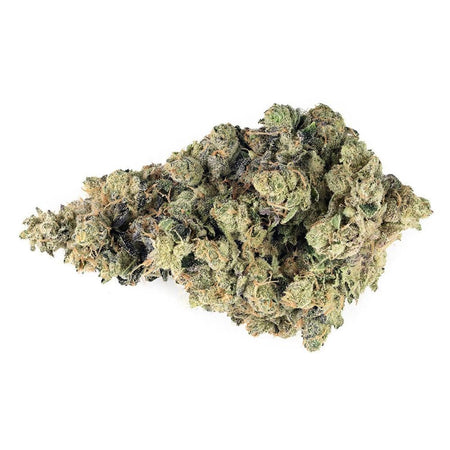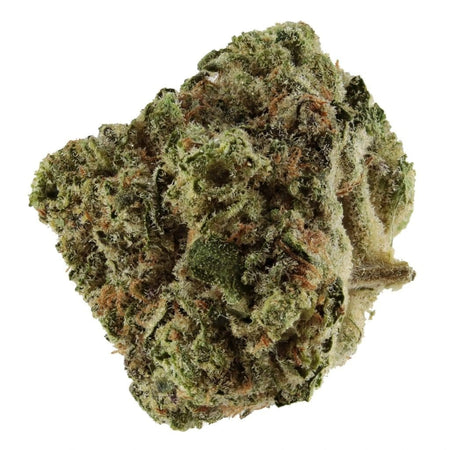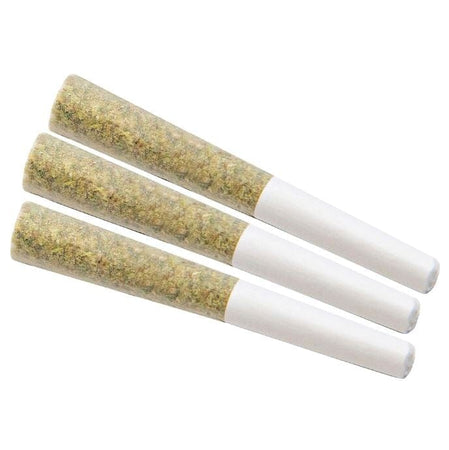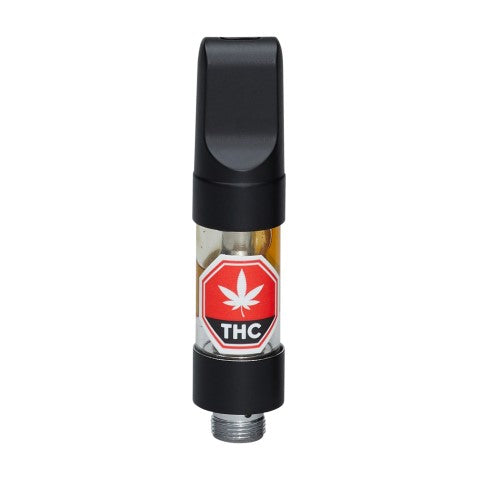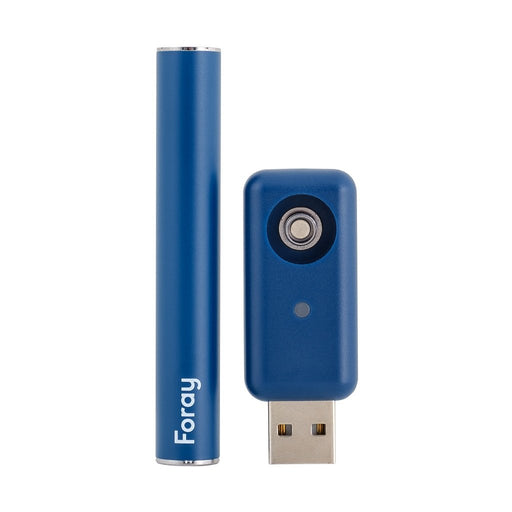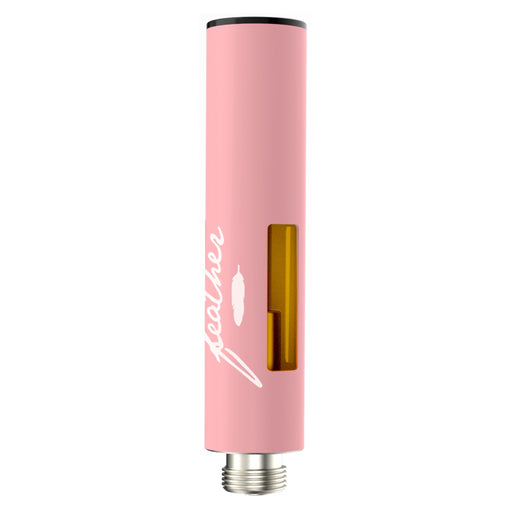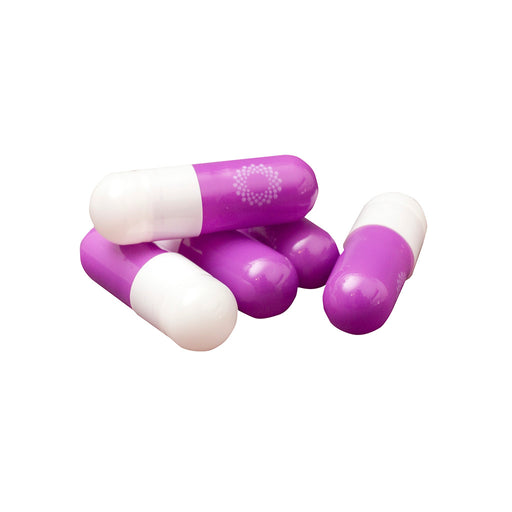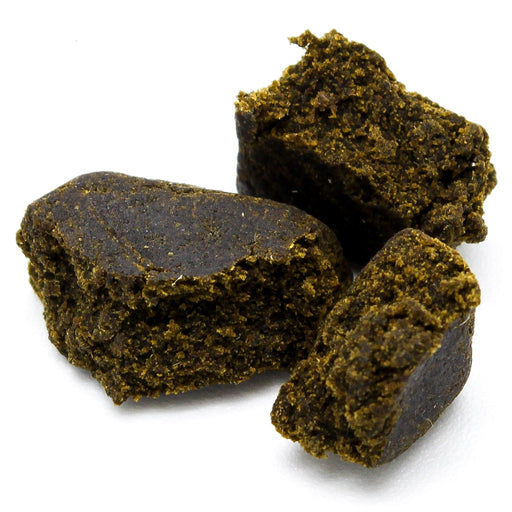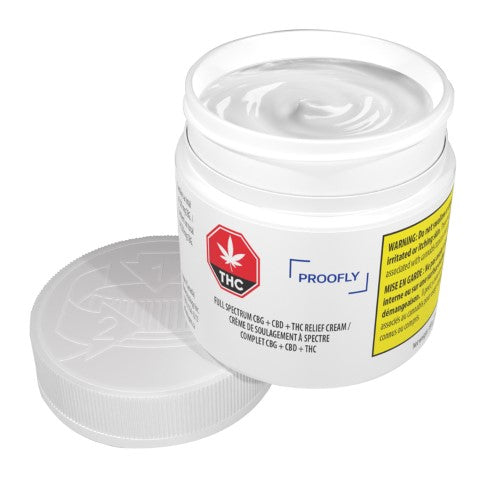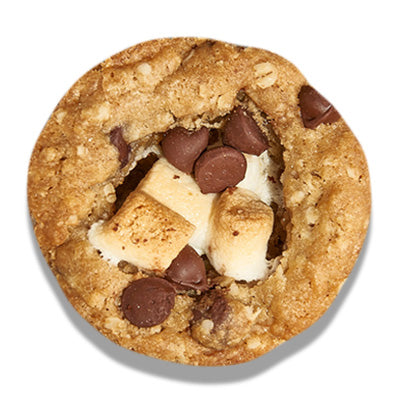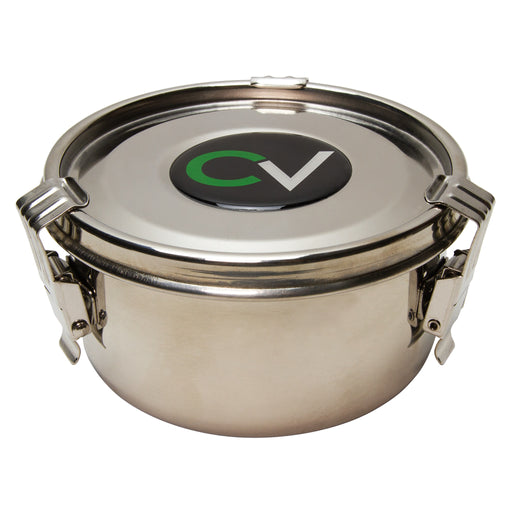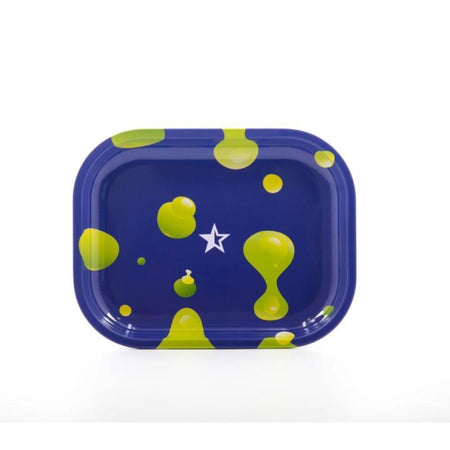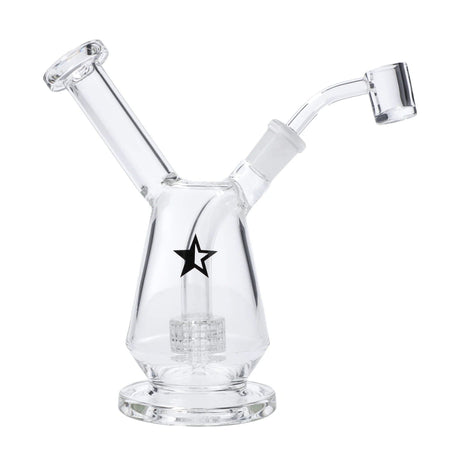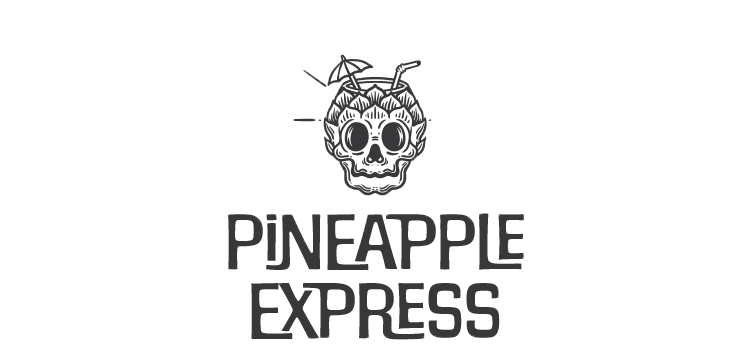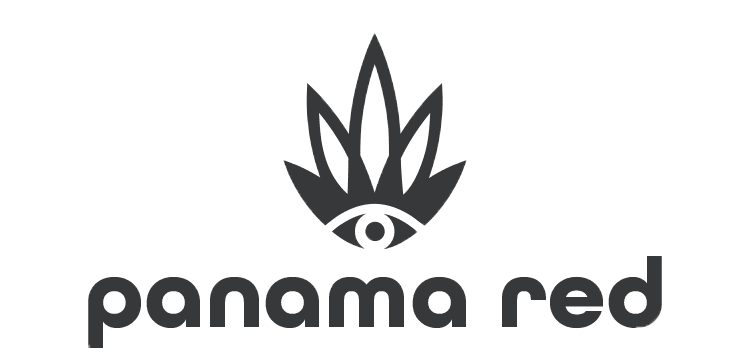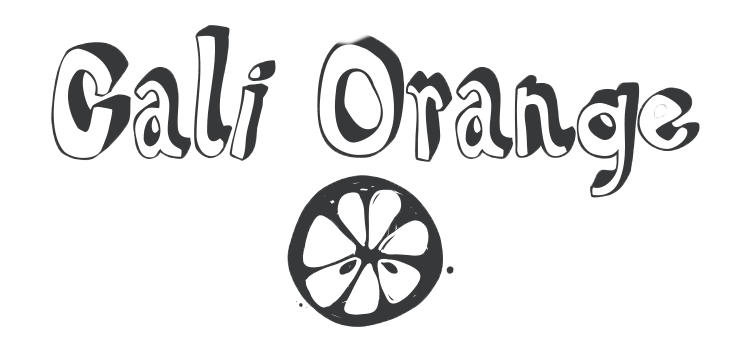Understanding Cannabis Microdosing
Cannabis microdosing refers to the practice of consuming very small, controlled amounts of cannabis to achieve therapeutic effects without the pronounced psychoactive impact commonly associated with higher doses. This method of consumption is gaining traction among both recreational users and medical patients, seeking the benefits of cannabis while maintaining functionality in their daily lives.
Historically, the concept of microdosing has its roots in the use of psychedelics during the 1960s and 1970s, primarily for mental health and cognitive enhancement. However, the application of microdosing to cannabis is a more recent development, fueled by increasing legalization and the destigmatization of cannabis use. This trend has opened up avenues for more nuanced consumption methods tailored to individual needs.
Microdosing cannabis typically involves consuming dosages ranging from 1 to 5 milligrams of THC, the psychoactive component of cannabis. In comparison, traditional consumption methods might involve significantly higher doses, resulting in more pronounced psychoactive effects. The lower doses used in microdosing allow users to experience the therapeutic benefits, such as pain relief and anxiety reduction, without the intense high that can interfere with daily activities.
There are various forms in which cannabis microdoses can be consumed, including edibles, tinctures, and vaporizers. Edibles and tinctures are particularly popular due to their ease of dosing and discreet nature. Vaporizers, on the other hand, offer a fast-acting option for those who require immediate relief.
Individuals may choose microdosing over higher doses for several reasons. For instance, some people are sensitive to THC and prefer to avoid the anxiety or lethargy that can accompany larger doses. Others may seek to enhance their focus, creativity, or mood without the cognitive impairment that higher doses might cause. Ultimately, the appeal of cannabis microdosing lies in its ability to provide a balanced, manageable experience, making it an attractive option for both new and experienced cannabis users.
The 8 Key Benefits of Cannabis Microdosing
Cannabis microdosing has gained attention for its potential to deliver therapeutic benefits without the intense psychoactive effects commonly associated with higher doses. Here, we explore eight key benefits supported by scientific studies and anecdotal evidence.
1. Enhanced Focus and Creativity
Microdosing cannabis can help enhance focus and stimulate creativity, making it an appealing option for those looking to boost productivity. A study published in the journal Psychopharmacology found that low doses of THC (tetrahydrocannabinol) can improve cognitive functions and creativity. Users report feeling more engaged and motivated, making it an effective tool for professionals and artists alike.
2. Reduced Anxiety and Stress
One of the most cited benefits of cannabis microdosing is its ability to reduce anxiety and stress. A study in the Journal of Affective Disorders showed that low doses of THC can significantly reduce stress levels. This method allows individuals to experience the calming effects of cannabis without the overwhelming sensation that can exacerbate anxiety at higher doses.
3. Pain Management
Cannabis has long been recognized for its analgesic properties. Microdosing can help manage chronic pain conditions like arthritis and fibromyalgia. Research published in the European Journal of Pain suggests that low doses of cannabinoids can provide pain relief without the side effects commonly associated with conventional painkillers.
4. Improved Sleep Quality
Many individuals turn to cannabis microdosing to improve sleep quality. Low doses of cannabinoids can help regulate sleep patterns and promote restful sleep. A study in the Journal of Clinical Psychopharmacology found that microdosing THC can reduce insomnia and improve sleep quality without causing daytime drowsiness.
5. Mood Stabilization
Cannabis microdosing can contribute to mood stabilization, offering potential benefits for individuals with mood disorders like depression and bipolar disorder. Research in the Journal of Psychopharmacology indicates that low doses of cannabinoids can help regulate mood by interacting with the endocannabinoid system, which plays a crucial role in mood regulation.
6. Lower Risk of Tolerance Build-Up
One significant advantage of microdosing is the lower risk of developing a tolerance to cannabis. Regular, high-dose usage can lead to tolerance, necessitating increased dosages to achieve the same effects. Microdosing minimizes this risk, as the smaller amounts used are less likely to lead to tolerance build-up, allowing for continued therapeutic benefits over time.
7. Minimal to No Psychoactive Effects
Microdosing cannabis allows individuals to reap its benefits without the intense psychoactive effects. This makes it an attractive option for those who need relief from symptoms without being impaired. Low doses of THC can provide therapeutic effects while allowing users to maintain clarity and function in daily activities.
8. Potential for Improved Overall Health and Well-Being
Finally, microdosing cannabis has the potential to improve overall health and well-being. Regular, low-dose cannabis usage can contribute to better mental health, pain management, sleep quality, and mood stabilization, creating a holistic approach to well-being. As research continues, the full spectrum of benefits provided by cannabis microdosing will likely become even more apparent.
While these benefits are promising, it is essential to approach cannabis microdosing with caution and consult with healthcare professionals to ensure it is suitable for individual needs. Each person’s response to cannabis can vary, making personalized guidance crucial for achieving the desired outcomes.
